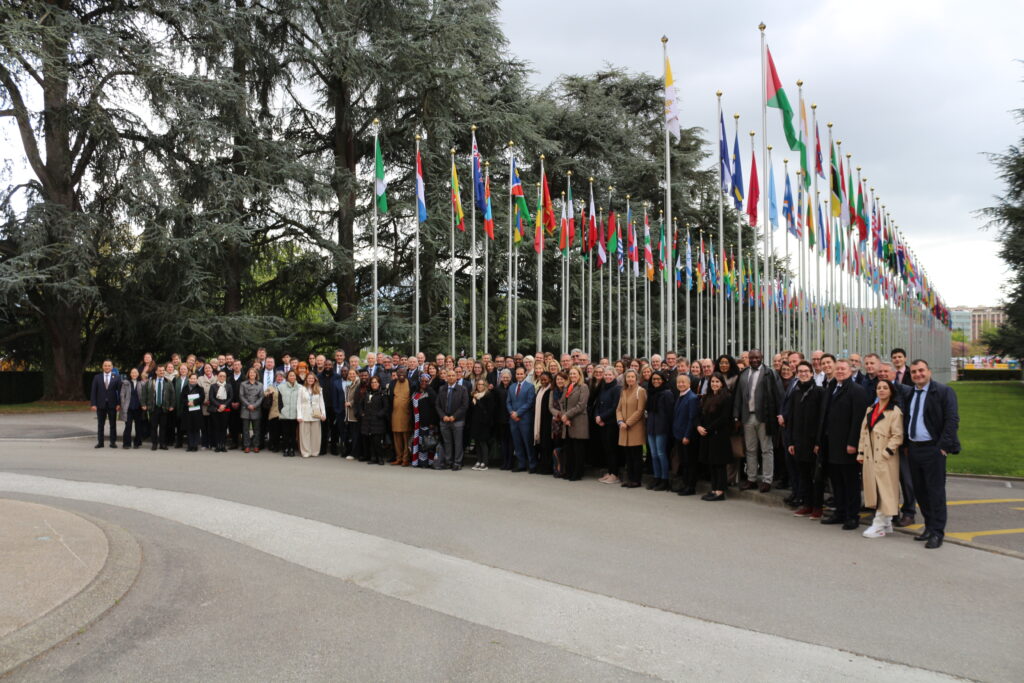Brought to you by Pascal Leroy from the WEEE Forum

The UNECE (United Nations Economic Commission for Europe) Resource Management Week 2024 returned to Geneva on 22-26 April, focussing on the UN Framework Classification for Resources (UNFC) this year.
UNFC and the United Nations Resource Management System play a crucial role in fostering sustainable development through the promotion of harmonised standards that support informed decision-making, integrating environmental and social governance into business strategies. UNFC allows us to understand the availability of critical raw materials (CRM) more accurately. Furthermore, by categorising resources according to social and environmental aspects and economic factors, UNFC promotes responsible resource management and plays a central role in communicating the viability of recovery of critical raw materials to investors, policymakers, administration and civil society.
In sum, UNFC will be an invaluable tool in understanding the potential of recovery of secondary raw materials. For example, minerals like lithium, nickel, and cobalt are key for the twin transition to digital and low-carbon economies; recovery of those CRMs makes the economy less dependent on third countries
Resource Management Week 2024 was the first major, international moment since the adoption of the CRM Regulation by the European Parliament and the Council of the European Union to discuss how the requirements in the Regulation must be put into practice.
The speakers who delivered the introductory remarks underlined the importance of partnerships, synergies, capacity building, pooling of expertise and skills. UNFC, in conjunction with the CRM Act, calls for excellence, collaboration and innovation. Making the European economy more resilient hinges on collective action. Governments, industry, researchers, and civil society must play their role by cooperating and sharing best practices and their vast knowledge and experience.

FutuRaM provides support to the EU and national authorities not only in giving an outlook on the future availability of secondary raw materials but also in providing evidence of the recoverability of CRMs.
Pascal Leroy, on behalf of the Horizon Europe funded FutuRaM consortium
However, and that was one of the key messages of participating FutuRaM partners, Soraya Heuss-Aβbichler (LMU), Ronald Arvidsson (SGU), Iman Dorri (LMU), Daniel Climent Monfort (BRGM) and Ulrich Kral (Chair of EGRM Anthropogenic Resources Working Group), it is important to develop clear instructions, guidelines and standardised procedures.
Moreover, as there is limited experience, experts need to be trained in the use of the UNFC toolbox, especially in the scope of secondary raw materials projects. We will have to train the trainers, promote the use of UNFC, create one-stop-shop hubs. Recyclers, for example, have no experience with classification systems such as UNFC.
Finally, we should not lose sight of the importance of securing minimum quality of UNFC evaluations for secondary projects.
